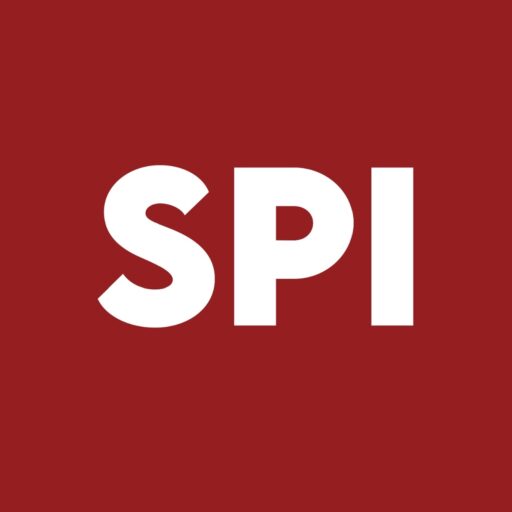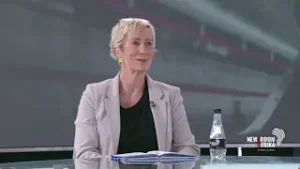Every year in Washington DC, the IMF and World Bank, the two leading International Financial Institutions (IFIs), host a landmark event to map out the policy priorities for the coming year. The event is called the IMF/WB Spring Meeting, or Spring Meetings.
The Spring Meetings are a gathering of the Boards of Governors of the International Monetary Fund (IMF) and the World Bank Group (WBG), national central bankers, ministers of finance and development, parliamentarians, private sector executives, representatives from civil society organizations, and academics to discuss issues of global concern, including the world economic outlook, poverty eradication, economic development, and aid effectiveness.
The Social Policy Initiative (SPI) has been invited to join a panel discussion on Social Security today, 17 April 2024. The title of the panel is: ‘Examining the Progress of the World Bank’s commitment to universal social protection’.
Isobel Frye, the Executive Director of SPI, will join three other development specialists as well as the World Bank Deputy Director in Social Protection and Jobs, Jamele Riglioni, in this discussion moderated by David Sherfinksi of the Thomson Reuters Foundation.
‘Despite the wealth of evidence that shows the dangers of targeting social protection and social security schemes, and despite its official commitment to universal social protection schemes, as recently as 2022, we see the World Bank recommending more, not less, targeting in social security schemes in the SACU countries in SADC,’ said Frye. ‘In South Africa, we see huge errors of exclusion in the targeted Social Relief of Distress grant. In the making of our documentary A Decent Path on the grant, which was funded by the UN SDG Fund, we saw not only people randomly excluded from the benefit but also how means-tested targeting in effect punished people who wanted to use the very small amount of the grant to make a bit more money. The next month they lost the grant and so lost any ability to procure inputs for their various microenterprises that they had started. This can be devastating for so many people affected by targeting,’ Isobel Frye continued. ‘This is why SPI continues to advocate for an unconditional decent Universal Basic Income (UBI). In addition, our research unequivocally demonstrates that a decent UBI is affordable in South Africa and would operate as an economic stimulus’. Fiscal constraint is a huge topic at the event this year. SPI this week sent a letter to the regional World Bank ED, Ayanda Dlodlo. This is part of a global initiative by almost 100 civil society groups.
The letter expresses concerns that the World Bank and IMF are failing to promote the human right to social security for all. The group is calling for four policy changes that would advance the right to social security in line with human rights standards.
As underlined by the Global Partnership for Universal Social Protection to Achieve the Sustainable Development Goals (USP2030) which the World Bank is co-chairing, “universal social protection is a human right and key to recovery, for a green transition and sustainable and inclusive economic and social development for individuals, communities, and nations”. At present, however, over half of the world’s population has no access to even one social security program. Among international development actors, the World Bank is the largest funder of social protection systems. Despite the World Bank’s commendable commitment in 2015 to promote universal social protection, we are concerned that the World Bank continues to promote narrowly targeted “safety nets,” where eligibility hinges on estimates of the extent of poverty that have acknowledged large exclusion errors, rather than embracing a more inclusive and rights-aligned universal approach.
It is truly a remarkable opportunity to have our organization SPI represented on the panel discussion of this high caliber. We look forward to deepened engagement with the World Bank and the IMF as South and Southern Africa continue to strive for better well-being for all in the most unequal region in the world.
Enquiries
Moses Kas, Head of communications
design@spi.net.za | 0840658158










